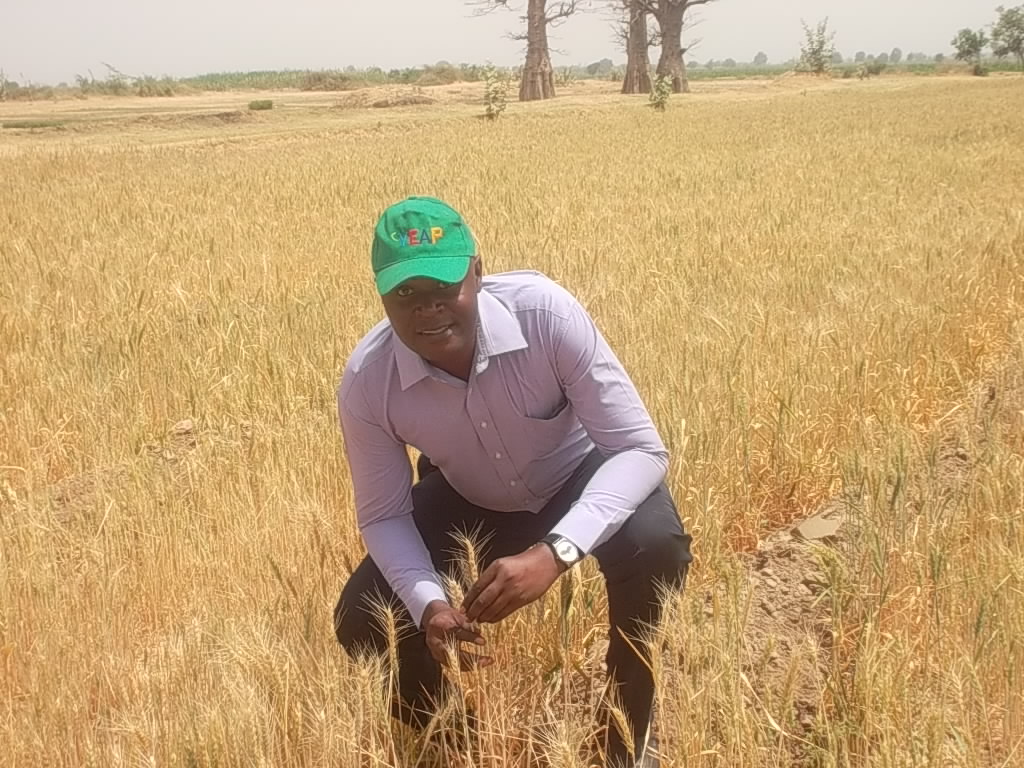Institute dedicates 250 hectares for production of wheat seed in Zaria
The Lake Chad Research Institute (LCRI) has dedicated 250 hectares of land for the production of wheat seed in Zaria as part of efforts to enhance wheat production and food security in Nigeria. The Acting Executive Director of the LCRI, Dr. Alhassan Bibinu, who made this known during the 2020/2021 National Pre-season Training Workshop on […]

The Lake Chad Research Institute (LCRI) has dedicated 250 hectares of land for the production of wheat seed in Zaria as part of efforts to enhance wheat production and food security in Nigeria.
The Acting Executive Director of the LCRI, Dr. Alhassan Bibinu, who made this known during the 2020/2021 National Pre-season Training Workshop on Irrigated Wheat Production, said farmers who will cultivate the 250 hectares of the farm have been supported with implements.
Represented by Dr. Zakari Turaki, Head of Cereals Research Department of the Institute, Dr. Babinu said the wheat seed produced last season was stored in the institute’s warehouse in Jos, Plateau state, but was lost due to vandalism following the #EndSARS protest that rocked the state and other parts of the country.
“This year, we are coming with 250 bags of seeds for the 250 hectares in order to recover from the #EndSARS loss.
“The institute, in collaboration with Kaduna State government, also supports farmers with improved seed, fertiliser, water pumps, herbicides and insecticides.”
According to him, LCRI is also collaborating with Flour Mills of Nigeria to strengthen wheat seed production adding that the institute has a mandate for genetic improvement of wheat.
“In line with this, the institute has released six new irrigated varieties of wheat, which can be grown during the harmattan period. Two different new rain-fed varieties of wheat were also released.
“This will enhance the capacity of our farmers, create jobs and save the country’s foreign exchange.”
In his remarks, President of Wheat Farmers Association of Nigeria, Alhaji Salim Saleh Mohammed, said improved seed and more government intervention would revamp wheat production in Nigeria.
